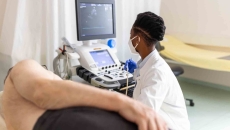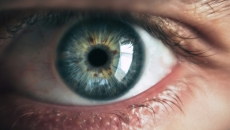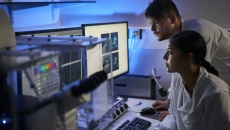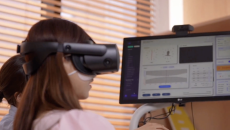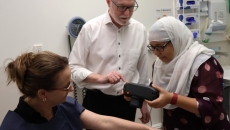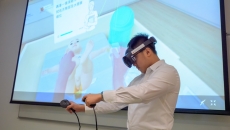Medical devices
Dr. Daniela Carvalho, pediatric otolaryngologist at Rady Children's Health in San Diego, shares insights on performing California's first pediatric Nucleus Nexa cochlear implant and what this means for the future of pediatric hearing care.
The certifications show that the company meets globally recognized standards for medical imaging.
Also, health IT company UCrest from Malaysia has received its first patent for its AI-powered digital platform from Taiwan.
The OLED contact lens-based ERG test could be the first of its kind in the world.
Dr. Arti Masturzo, chief medical officer at CCS, discusses the pros and cons of RFK, Jr.'s proposal for every American to wear a government-issued health monitoring device within four years, including concerns around device data accuracy.
The platform helps healthcare teams with the burden of non-actionable alarms and cognitive overload.
Developed at Hallym University, the device integrates visual, eye movement, and vertigo tests in one.
The AI, integrated into a hand-held point-of-care device, demonstrated 94% diagnostic accuracy.
Participants reported enhanced knowledge and competence and reduced stress in caring for premature babies.
Doctors at China Medical University Hospital have also spent less time making diagnoses using AI.

